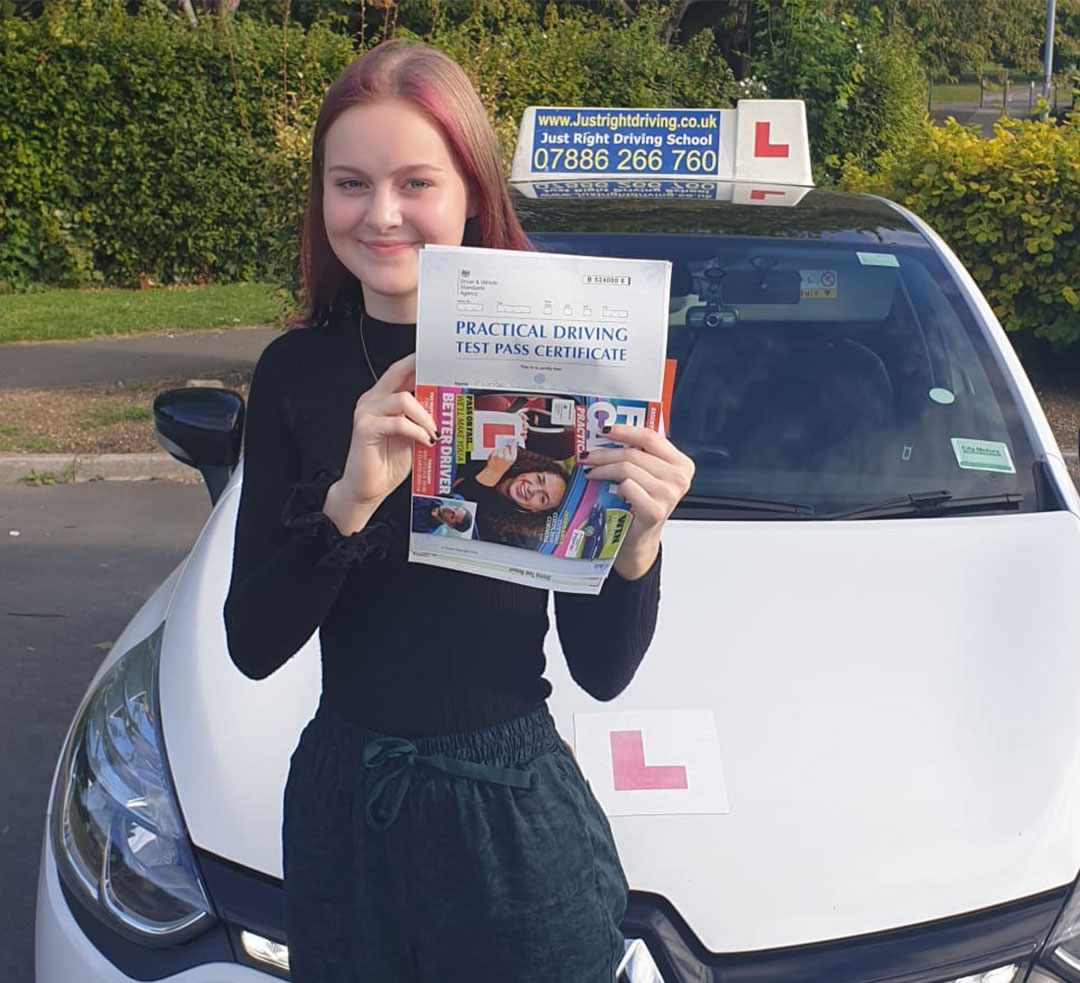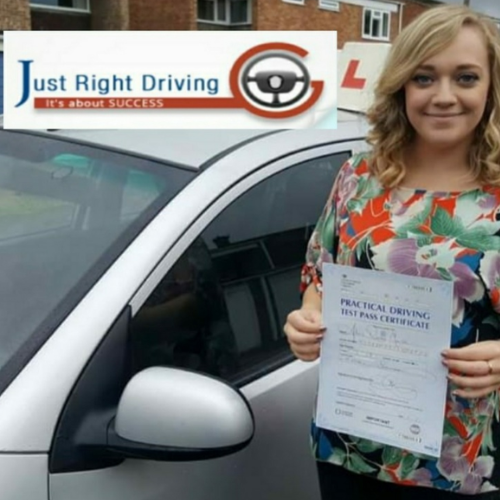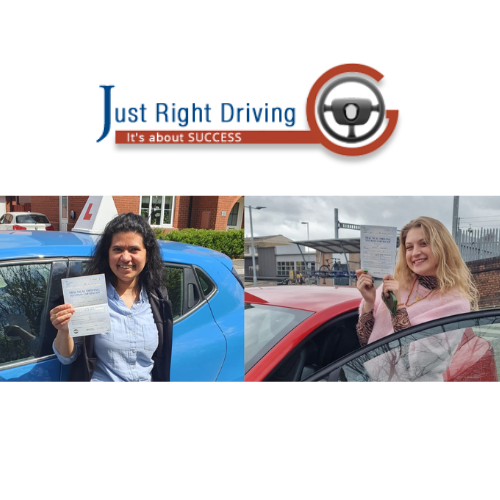
In the world of driver education, intensive driving lessons are becoming increasingly popular for individuals who want to learn to drive quickly and efficiently. These lessons are designed to compress months of conventional learning into a shorter, focused time frame—often a week or two—allowing learners to build skills rapidly. Unlike traditional weekly sessions, intensive courses involve several hours of instruction per day, creating a more immersive experience that many learners find beneficial.
Whether you're a complete beginner or someone looking to refresh your skills before a test, these crash courses are tailored to various learning needs and time constraints. But who are they really for? And why do they work so effectively? Let’s explore.
Ideal Candidates for Intensive Driving Lessons
Intensive driving lessons are not a one-size-fits-all solution, but they are perfect for certain types of learners. One of the most common groups that benefit from this approach are individuals with busy schedules. For professionals, university students, or parents juggling multiple responsibilities, weekly lessons might not be feasible. Intensive courses provide a way to achieve driving competence in a condensed period, making them ideal for those under time pressure.
Additionally, learners who have failed a previous driving test and need to get back on the road quickly can benefit immensely. Instead of waiting weeks for another test while trying to squeeze in a few lessons, a focused course can sharpen their skills and boost confidence within days.
Another key group includes international drivers who already have some driving experience but need to adjust to UK road rules and testing standards. Intensive courses offer a fast-track route to legal driving status, ensuring they meet local requirements without unnecessary delay.
Accelerated Learning through Consistent Practice
One of the major reasons intensive driving lessons work is the frequency and consistency of practice. In weekly lessons, learners often find themselves forgetting what they learned between sessions, which slows progress and increases the overall time and cost required to get test-ready.
With intensive lessons, each day builds on the skills learned the day before, allowing for better memory retention and faster development of muscle memory and reflexes. Learners are constantly immersed in real-world driving scenarios—from navigating roundabouts and junctions to handling motorway speeds—which reinforces learning through daily exposure.
This constant reinforcement helps reduce anxiety and builds the learner’s confidence, often translating to a better performance during the actual driving test.
Tailored Teaching for Quicker Progress
Most intensive driving courses are customized based on the student's current skill level and learning style. If you're starting from scratch, your instructor will pace the course to cover everything from basic vehicle control to advanced maneuvers. If you're more experienced, the course may focus on refining specific weaknesses—such as parallel parking or roundabout navigation—while preparing you for the practical test.
The focused, one-on-one attention from instructors in intensive courses ensures that learners receive immediate feedback and can correct mistake in real-time. This personalized instruction leads to faster improvement and a deeper understanding of driving techniques, rules, and road safety.
Psychological Benefits of Immersion
Driving for multiple hours a day might seem overwhelming at first, but many learners find it easier to gain confidence when they stay in the learning zone. Traditional lessons often leave learners nervous or hesitant between weekly sessions, especially if they had a rough experience. Intensive courses remove that gap and maintain momentum, helping learners overcome fear and hesitation through constant practice.
The sense of achievement that comes from mastering new skills daily also boosts motivation. As learners see rapid improvement, they become more confident in their abilities, which is crucial when facing the practical test. This psychological advantage is one reason why pass rates for intensive course participants are often higher compared to traditional methods.
Time and Cost Efficiency
Although intensive courses might seem more expensive upfront, they often result in lower overall costs. Weekly lessons can stretch out over months, and if learners need refreshers due to gaps in learning, the cost increases over time. Moreover, many driving schools offer package deals that include both instruction and a practical test booking, simplifying the process and ensuring students stay on track. For those aiming to get their license in the shortest possible time without compromising on quality, this approach makes financial and practical sense.
Conclusion:
Intensive driving lessons are not only effective but also highly practical for many types of learners—from busy professionals to those needing a second chance at passing their test. The structure, frequency, and immersion they provide create an ideal learning environment that can dramatically speed up progress while building confidence behind the wheel.
If you’re looking to fast-track your driving journey with expert instruction and personalized guidance, Just Right Driving School is ready to help you succeed.









Write a comment ...